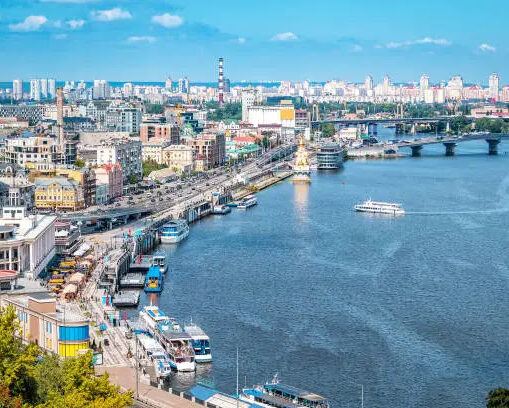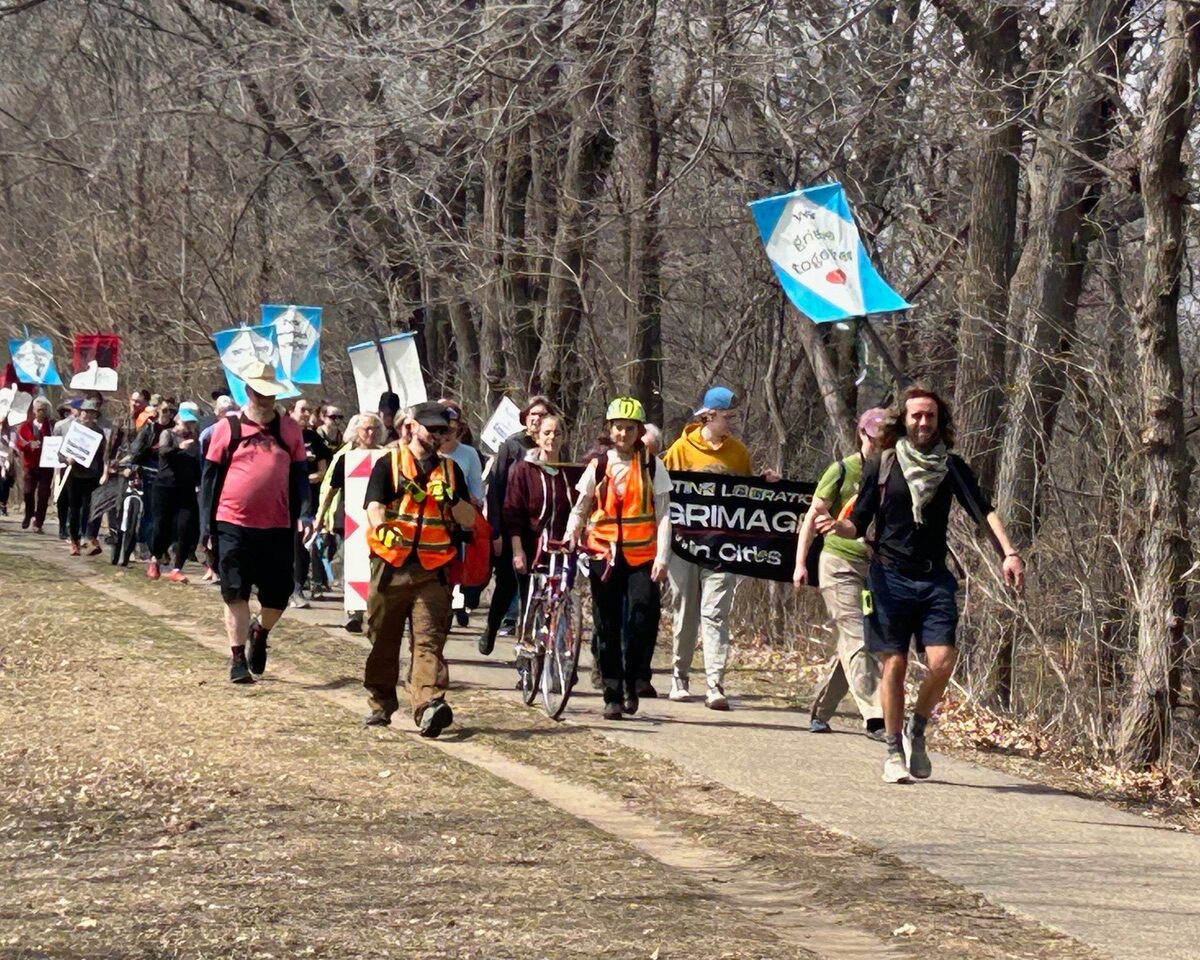 BY POLLY MANN
BY POLLY MANN
Puerto Rico is not exactly little. It actually has a very dense population of almost 4 million people on an island 100 miles long and 35 miles wide and is comparable in size to an American state. Right now it’s in deep economic disaster with a debt of nearly $73 billion and a neo-colonial legal system that prevents it from restructuring its debt and protecting itself from its avaricious creditors. Previously its tax structure provided a full tax exemption for U.S. companies based there and the return of tax-free revenues to parent companies. But that exemption ended in 2006, and things went downhill after that.
For the first 50 years after the U.S. invasion of Puerto Rico, the U.S. president named a governor and most directors of government agencies. Since 1952 Puerto Rico has elected its own governor and legislature, as well as a non-voting representative in the U.S. House of Representatives. There is also a Puerto Rican court system which is subordinate to the U.S. federal courts.
But at no time since 1898 has any Puerto Rican government been able to exercise decision-making against the wishes of Washington. In one ruling the U.S. Supreme Court stated that Puerto Rico lacked even the limited sovereignty of a U.S. Indian tribe. In addition, President Obama said “there is no alternative” to the PROMESA (Puerto Rico Oversight, Management and Economic Stability Act) and its imposition, which means that Puerto Rico’s elected government, laws and constitution are powerless.
The 2008 gubernatorial election of Louis Fortuno (a protege of the Koch Brothers*) resulted in a law that eliminated tens of thousands of public jobs, exacerbating the economic depression that’s been ongoing since 2005. By 2011 the major credit agencies began lowering Puerto Rico’s ratings, with the result that it increasingly resorted to short-term, high interest loans similar to “payday loans.” Bondholders increasingly unloaded their Puerto Rico bonds on the secondary bond market, where they were then swooped up by greedy profiteers—often at 10% to 20% of the bond’s value. Today they hold up to 50% of Puerto Rico’s public debt, and are the creditors least willing to renegotiate the terms of the loans. They have been the major lobbyists for the PROMESA bill, enacted in June 2015, which allows a president-appointed board to control the budget, eliminate environmental laws, dismiss public employees, abolish public agencies, cut the minimum wage by half for young workers, close schools and hospitals, increase utility rates, and cut pensions in order to make payments on the public debt. There is no provision for economic development or restructuring of the debt and no acknowledgment that such measures are likely to greatly increase emigration of working age Puerto Ricans.
The Puerto Rican government has not had the power to protect local businesses against product dumping from U.S. companies, nor to make economic treaties with other countries without U.S. approval. However, it has had control over its budget and taxes, which both majority parties have used to curry political favor with contractors and corporate sponsors. This has encouraged a culture of corruption.
Deborah Berman-Santana, professor emeritus of Mills College (California), who has researched the issue, says that after President Obama signed the bill a number of organizations set up a civil disobedience encampment in front of the main entrance to the federal building in San Juan, which has been continuously occupied since the end of June. They try to go about their daily lives while listening with alarm, resignation, or both, to the news. Puerto Rican activist organizations face many challenges as they try to work through decades-long factionalism and develop more effective ways to educate the public. Most of all, the challenge is to not burn out, and to convince others that there is hope!
It appears that hope is about the only thing the Puerto Ricans are going to get.
* Koch Brothers – try Google






















